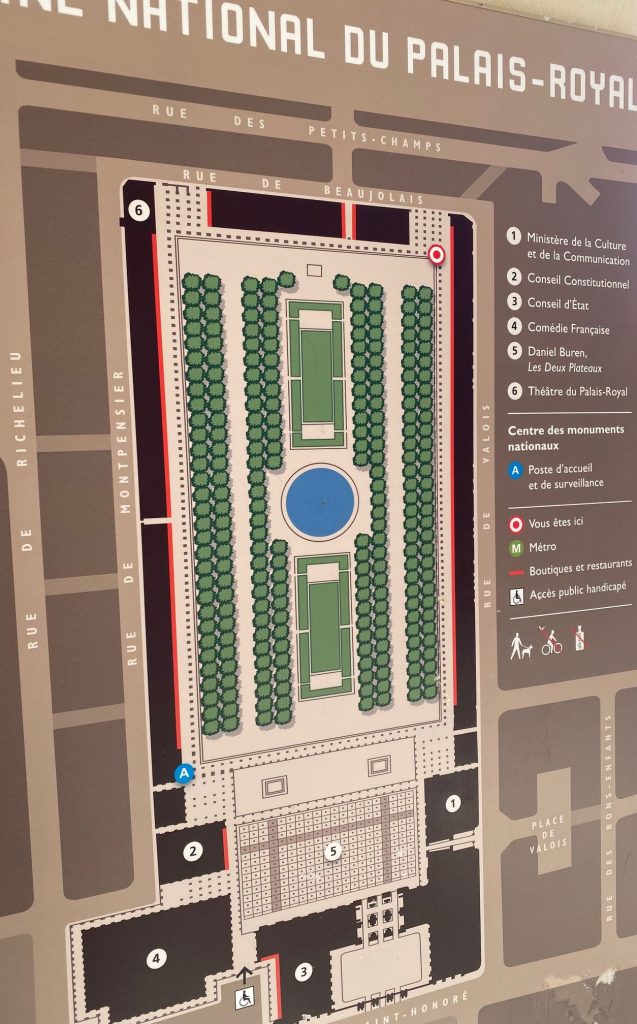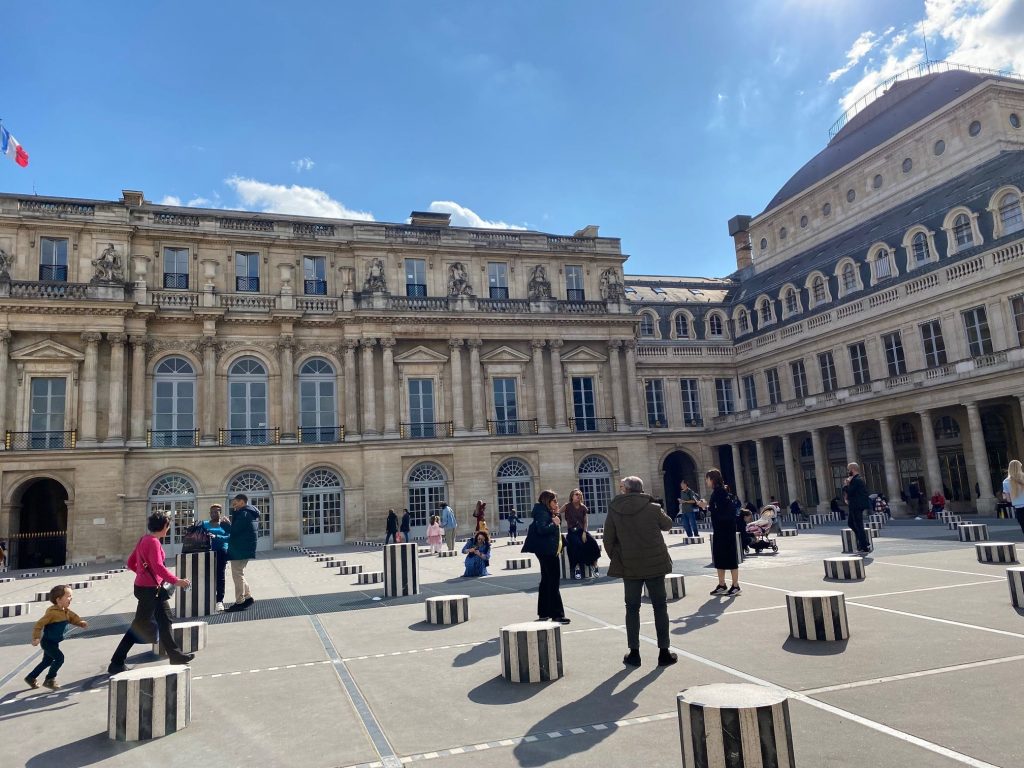The debate that later retirement of seniors reduces the hiring of youth has received new attention. Paul Mohnen published a paper on the “retirement slowdown on the US youth labor market” , which demonstrates this “crowding out effect”. Moreover, the recruitment of middle aged workers is also affected, as job changes slowed down for these age groups. The surprising finding is that higher skilled youth suffers the largest reduction in employment opportunities and become “pulled” into lower skilled jobs as jo offers for lower skilled persons remained high during the observation periods (until 2017!). This evidence suggests that the well-documented firm-level effect of fewer retirement means less recruitment holds also for society as a whole. Knowing that recruitment during a recession affects young workers more than persons already in employment, the macro level effects in 2025 will be rather unfavorable for young labor market entrants. (Image Frans Hals 1625, Odessa Museum in Berlin exhibition 2025). 
Retirement Plans
There are debates about the best organization of retirement. The major fault lines lie between public pension systems and systems that are built based on mainly private provision. Retirement plans in either system are subject to constraints. The recent stock market turbulence has increased the amount of uncertainty people face who invested in 401K plans in the US. Some had to take an unannounced hit to their retirement savings due to the loss after Trump’s back and forth policies on tariffs (OECD Pension Outlook). High volatility of stock market prices creates an additional constraint that you are less inclined to retire when your retirement investments have overall a reduced value. You are a bit at the mercy of capital markets even in your retirement decision, irrespective of the difficulty to predict what your retirement funds will yield as returns. Quite an important lesson to keep in mind when comparing retirement systems in OECD countries. It has been all too easy to blame public pension systems for maybe lower short term interests on pension savings. Being subject to an American president concerning your retirement plans is probably not what many countries would like to have. Trump’s choices on tariffs may have consequences we did not expect to affect us so directly.

Overwork
In a country where most people subscribe to the “protestant work ethic” it is not easy to raise the issue of overwork. Yet, overwork needs to be become an issue of concern. In combination with overwork comes too little rest. Particularly the lack of rest and sleep is likely to cause serious medium and/or long-term effects. Burn-out is only one of the more obvious and drastic experience of exhaustion. The lifestyle of overwork has direct causal links to malnutrition and cardio-vascular risk factors. Once triggered these processes are even harder to control. The run on meditation exercises is only reiterating the huge difficulties to find a balance or antidote to overwork.
The Pew Research Center in Washington has published results from a survey in 2023 that shows that only about half of American people take the full vacation they are entitled to. The evidence of pervasive overwork in the U.S., not limited to the higher executive branches of employees, is hugely unhealthy. Physical and mental health is endangered and the cost to individuals and society are immense. Who cares? Well, we should care. (1) Documentation and monitoring this trend are the first elements of a strategy to counter these effects. Keep spreading the message that overwork is not without serious risks and mostly is followed by huge costs, someone will have to pay. (2) Start to analyse why we glorify overwork and keep doing so for centuries. The strive for higher pay, more money, higher profits, wealth or social prestige is a powerful driving force, of course. Legal measures or taxation to curb extra benefits of overtime have apparently had only marginal effects as they are circumvented, if people are too much focused on the immediate earnings effects. (3) Examine the question, why we glorify overwork? The Harvard Business Review published an article on this on 28th of August (just after the vacation period) to blame the culture of “workaholic” behaviour. In short, if your self-concept is defined exclusively through work, you will be doomed for overwork and its consequences. The next shot of overwork satisfies the urge for self-esteem and most likely also recognition from peers, colleagues and supervisors. This is an unbelievably heavy drug and addiction terribly hard to resist. (4) Who keeps pushing the agenda of overwork? We know for sure that it is not your children. If you have none, you will be at a higher risk to overwork and to push the overwork agenda compared to others, just because compared to families your time budget leaves more reserve capacity for time to rest. Employers set powerful incentives to reward any form of overtime and thereby overwork not only in pecuniary form, but also more rapid career advancement. Strongest and most addictive is your very own behaviour not to respect limits to working time. (5) Remedies to overwork are only partly in your own command. Of course, getting more sleep, doing more exercise, walk instead of drive to work are all fine. However, we need to address the danger of addiction, especially when we do not want to admit our dependency on overwork for self-esteem and recognition by others. Getting together with like-minded persons, for example, in trade unions, will make it easier to get collective solutions to isolated overwork. Higher wages should allow you to get more rest as you earn the same absolute amount with less input of hours. The danger of working even more, because the incentive to put in an extra hour of work has risen at the same time. Be aware of this “duality of higher pay”. Societies have lots of reasons to redistribute work. Between women and men, young and old as well as the “overworked” and “underworked”. 
Royal
Im Palais-Royal, könnte man sagen, geht es noch immer recht „royal“ zu. Unweit vom Louvre lässt sich mitten in Paris fast noch etwas königliches Flair atmen. Unter den Arkaden oder im Garten weht Sommer wie Winter ein kühles Lüftchen und „Over-tourism“ ist noch nicht wirklich ein Problem. Auf engstem Raum findet sich viel Geschichte und Zeitgeschichte ein. Wie der Plan zeigt, haben sich dort einige prominente Institutionen angesiedelt. Neben dem Théâtre du Palais-Royal, ist die Comédie Francaise und das Ministère de la Culture et de la Communication dort angesiedelt. Conseil d’État und Conseil Constitutionnel ebenso. Viel Prominenz, dennoch ist eine überschaubare Polizeipräsenz vor Ort. Das war nur kurzzeitig anders, als der Conseil Constitutionnel über die Reform des Rentensystems zu urteilen hatte. Ein Schelm, wer denkt, dass sich die Theater der Nachbarschaft kurzerhand in den ehrwürdigen Räumen des Conseils verlegt hatten, oder umgekehrt?
Moliére, Hugo stehen noch oft auf dem Programm der Comédie francaise, aktuell jedoch wird Danton’s Tod von Georg Büchner gespielt. Passend zu aktuellen politischen Reaktionen auf den Straßen von Paris und darüber hinaus wird Revolution geprobt. Demokratie ist die politische Form, die Legalität, aber auch Legitimität von Politik am besten ermöglicht. Beides braucht Institutionen und Verfahren, die den Willen des Volkes entsprechend berücksichtigen. Lesen von Jean Jacques Rousseau und sein Konzept des „volonté générale“ bleibt dazu weiterhin erfrischend. Dann am besten wieder zurück in die Bibliothek BnF Richelieu gleich um die Ecke.



